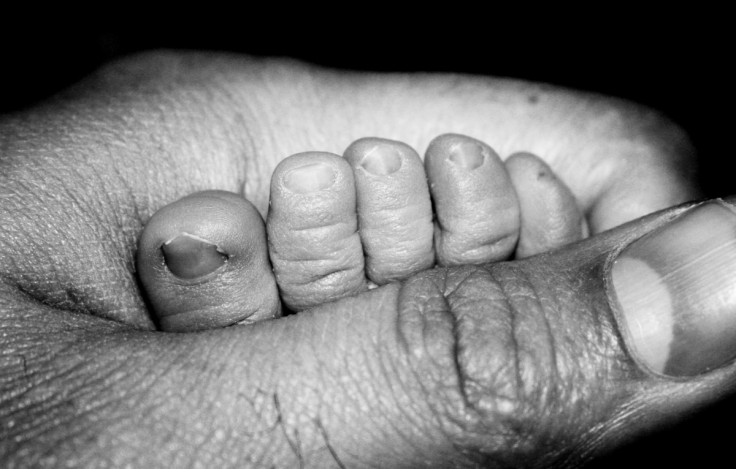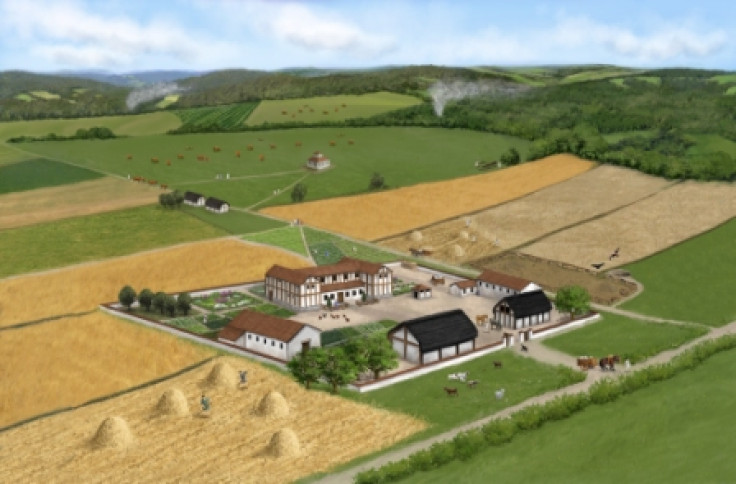Romans Committed Infanticide Irrespective of Sex

An analysis of infant skeletons found at Romano-British villa in England suggests that infanticide was carried out in Roman Britain irrespective of the sex of the infants, a new study reveals.
The study by British and Egyptian researchers was conducted on the remains of 33 infants that were discovered at Yewden villa complex in Hambleden, south of Buckinghamshire.
"Previous analysis of the perinatal infant burials from Romano-British Yewden villa, Hambleden, indicated the practice of infanticide at that site. We attempted to determine whether this practice was specifically targeted at one sex or other," researchers noted in their report published in the Journal of Archaeological Science.
Scientists analysed 33 perinatal remains and successfully identified sex of twelve infants. Seven were female and five male.
The researchers also determined the kinship between the 12 infants and found that all infants came from different mothers.
"Taken together with previous DNA results from perinatal remains from Romano-British sites where infanticide has been identified, they provide no evidence that manipulation of the sex ratio was a motivation for infanticide in Roman Britain," the researchers added.
Yewden villa, which was excavated in 1912, has uncovered a total of 97 newborn infant burials. Earlier examinations of the bones indicated that all the infants died around the time of birth, suggesting that Roman-British committed deliberate infanticide.

Different theories and hypotheses explain the reasons for infanticide in Roman Britain.
One theory suggests that infanticide was legal in Roman times if the baby's mother was a slave. The babies were killed so that their mothers continued working rather than having to care for the children.
According to another theory, Yewden villa may have served as a brothel, which explains the high number of unwanted babies.
The high number of burials has been the most startling discovery at the fourth century rural Romano-British complex where other unusual discoveries, including a very high number of iron styli (pens for writing on wax tablets) and corn drying kilns have also been made.
According to Chiltern Archaeology, the group that has been leading the archaeology project at the site, infant mortality was high in Roman times and that explains why infant burials are common on Roman villas.
However, the massive number of burials found at Yewden is far higher than any other villa site in Britain.
The infant remains and other excavated items from the ancient site are taken care of by the County Museum in Buckinghamshire.
Researchers expect to solve the mystery behind the deaths of these Roman babies with new techniques in future.
A video shows the places where the burials were found at Yewden villa.
© Copyright IBTimes 2024. All rights reserved.






